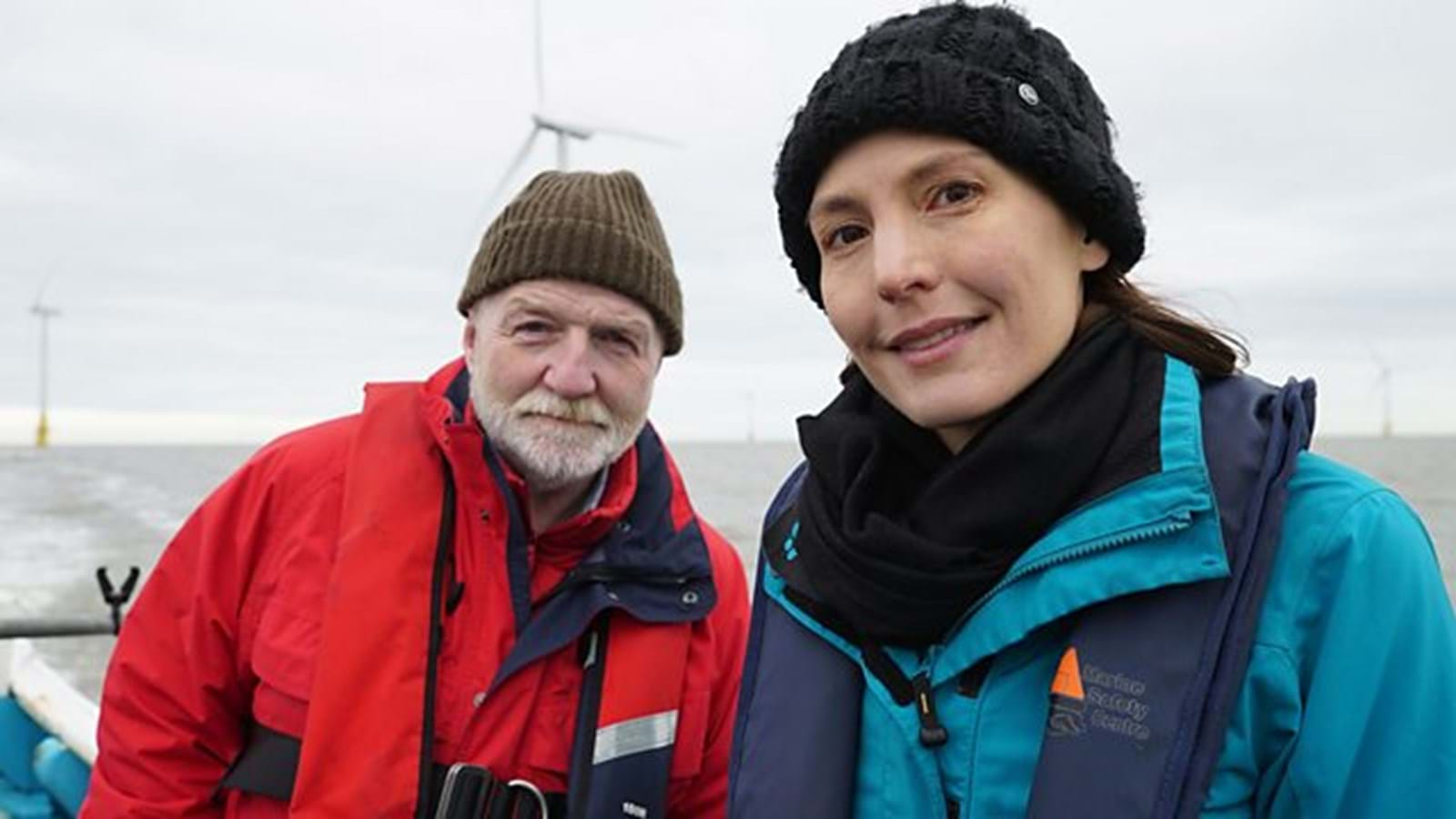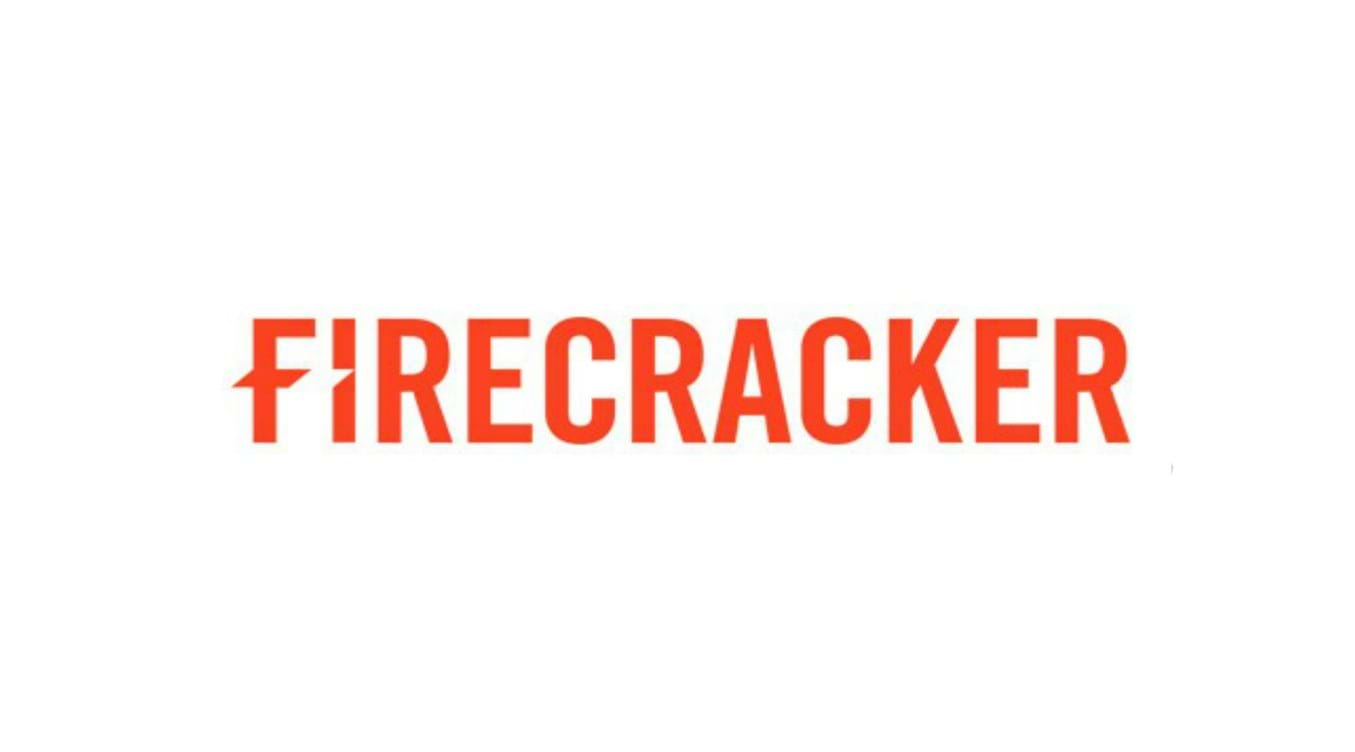Media Centre
New BBC4 Science Documentary Premieres On World Ocean Day
On World Ocean Day, Monday 8th June 2020, BBC 4 will broadcast Ocean Autopsy, at 9pm.
The programme will follow leading oceanographer Dr Helen Czerski and zoologist Dr George McGavin, as they examine the damage humans have caused over decades on the ocean and its habitants, and will carry out an ‘autopsy’ on the ocean.
Throughout the 90-minute programme the experts will examine the water’s toxicity due to industrial chemicals, investigate microplastics saturating the water, and discover how this is in turn impacting our own health. They will also perform an autopsy on a porpoise to highlight the devastating impact these changes are having on marine life.
However, our experts reveal signs of hope on how nature and the ocean can be restored, including re-wilded salt marshes, flooded to counter rising seas, and biodiversity hotspots at the base of wind farms.
Ocean Autopsy Presenter, and oceanographer Dr Helen Czerski said, "This programme explores the problems that humans have caused in the ocean and asks what we can do to prevent further damage and choose a healthier ocean future.
I’ve spent years working at sea and researching our oceans, and this is a topic that really matters to me. The global ocean is the heart of our planetary life support system. Only now are we realising that hurting the ocean is hurting ourselves, because we are citizens of an ocean world."
Ocean Autopsy Co-presenter, zoologist Dr George McGavin said, "More than ever before we need to be aware of the damage we are doing to the seas and oceans. It not just the visible, physical rubbish that ends up in the sea, the toxic chemicals that we manufacture and use in industrial processes and farming make their way inexorably down rivers and streams to pollute oceans and coastal waters. We simply cannot go on treating the oceans like a dumping ground.
We dissected a young female harbour porpoise, on the programme, who had died on a beach in the Netherlands - We needed to find out how and why she had died. This was a very poignant experience and her story will stay with me for a long time."
Peter Collins, Executive Producer, says “We were really keen to tell the story of our fragile oceans beyond just plastics – invisible killers, like PCBs and other chemicals, are having devastating effects on entire marine ecosystems. The film uncovers the truth about these human induced pollutants, as well as exploring the possible solutions”
--- ENDS ---
Notes To Editors:
Dr Helen Czerski
Dr. Helen is a British physicist, author, oceanographer, and television presenter. She studied Natural Sciences (Physics) at Churchill College, Cambridge, finishing with a first class degree. A year later, she returned to Cambridge to study for a PhD in experimental explosives physics. After her PhD, she attended The Scripps Institution of Oceanography in San Diego, and completed a postdoc at the Graduate School of Oceanography in Rhode Island. When she returned to the UK, she started her own research programme on the physics of oceanic bubbles, first at the University of Southampton and then at her current academic home, University College London. She has also presented documentaries on a wide range of subjects relating to physics in general, and also atmospheric and ocean science. In addition to presenting, she is a writer and speaker, and also regularly hosts and chairs science events.
Dr George McGavin
George McGavin studied Zoology at Edinburgh University, followed by a PhD in entomology at Imperial College and the Natural History Museum in London. After 25 years as an academic at Oxford University he became an award-winning television presenter. George is an Honorary Research Associate of the Oxford University Museum of Natural History and an Honorary Principal Research Fellow at Imperial College. George is also a Fellow of the Linnean Society and the Royal Geographical Society, an Honorary Fellow of the Royal Society of Biology and an Honorary Life Fellow of the Royal Entomological Society. As well as his many TV documentaries, George has written numerous books on insects and other animals. In 2019 he became the President of the Dorset Wildlife Trust.
Ocean Autopsy Synopsis
In the 21st century humankind is shaping the destiny of our oceans; the ocean bed, currents, marine life, even the water itself is transformed by what humans are putting into our oceans. Ocean Autopsy explores the damages humans have caused over decades and carries out an autopsy on the ocean and its habitants, to reveal the startling changes its undergoing.
Throughout the film, Dr Helen Czerski and Dr George McGavin looks at the water’s toxicity due to industrial chemicals, investigates a plague of microplastics saturating the water, discover how this impacts our own health, and perform an autopsy on a porpoise to witness the devastating impact these changes are having on marine life at the top of the food chain. Along the way Helen and George follow some surprising signs of hope and how humanity working with nature can be a way forward to help securing the health of our oceans.
As part of their long-standing relationship with The Kennel Club, global sports and content business, Sunset+Vine, is thrilled to once again be at the helm of Crufts as broadcast partner for the 15th year – and continue to bring extensi...
UKTV has commissioned The Real Midwives of Essex (8x60’) from Firecracker Films (Stacey Dooley Sleeps Over, Emma Willis: Delivering Babies). This brand-new docu-reality series will delve into the working and soci...
Global sports production and content business, Sunset+Vine, is thrilled to announce it will be producing the coverage of The Riyadh Season Cup for Alamiya Media.
The Riyadh Season Cup is part of the annual Saudi Arabian state-funded entert...



